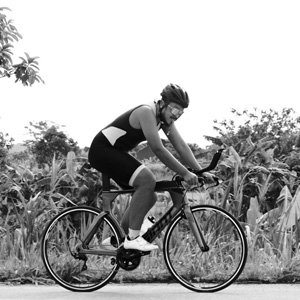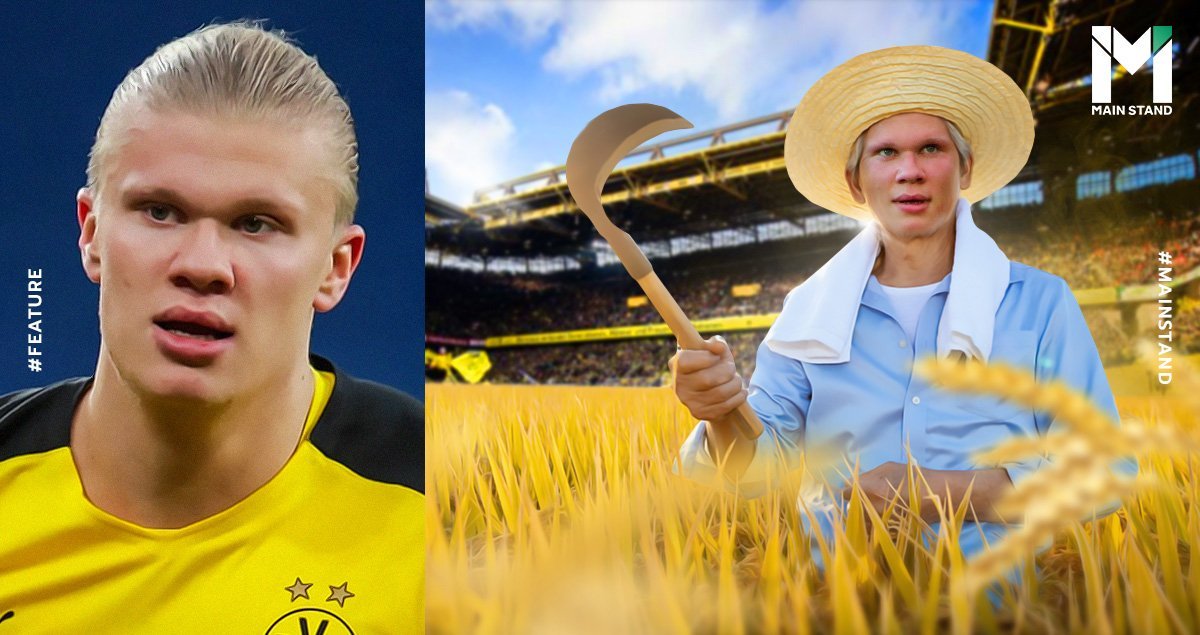
For all Norwegians, the word "Norwegian wood" means something more important to them, more than the meaning of the famous Beatles song.
It means the nature of Norway, the foundation from which farming culture derived, is becoming an essential part of Norwegian livelihood to this day.
That said, if one was a world-class footballer, what would you want to do after retirement?
Of course, there would be many possible answers from becoming a coach, entrepreneur or traveling worldwide.
But for Erling Haaland, the Manchester City striker who dreams of becoming a 'cattle farmer', one of the most popular professions passed on among Norwegian families for many generations.
Main Stand will take you through a journey on why cattle farming is the dream job of many Norwegians, although the country is one of the biggest economic giants in the world.
Norwegian ancient occupation
In its entirety of 2,500 kilometers, Norway is abundant with natural resources from its forests and many fertile regions with a very low population density of 5 million people living in only 3% of their land.
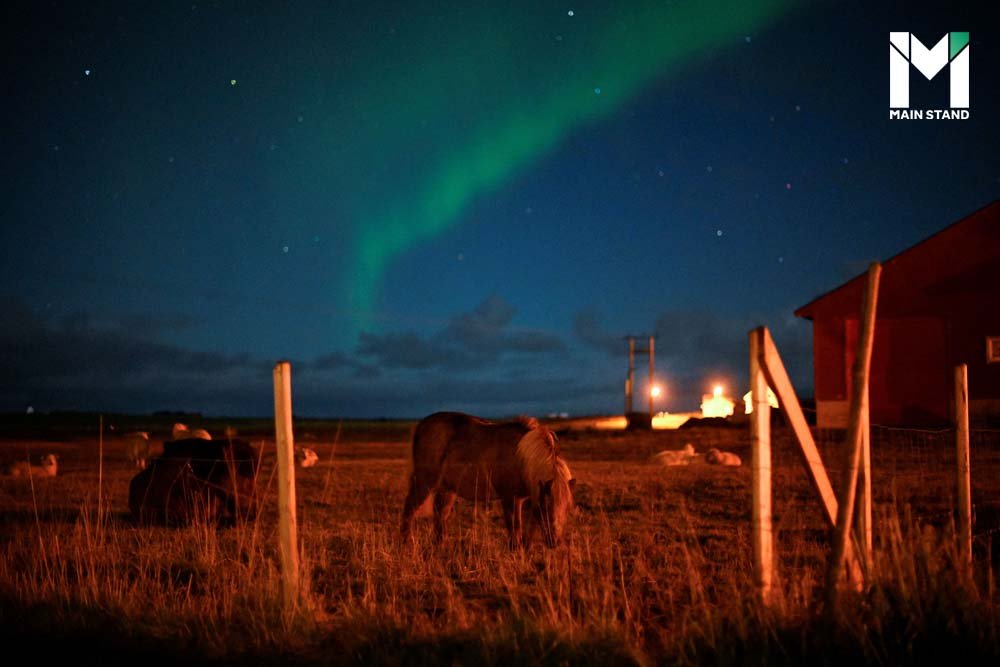
That said, it is lucky that most unoccupied areas are not inhabitable like many other countries, and there are still a lot of generative spaces for their citizens to claim. Almost 30% of the land mass in Norway is very suitable for agriculture. Moreover, their summer provides a proper climate for livestock such as cattle and sheep.
Because of that, Norwegians have been doing agriculture since the bronze age 3000-2000 b.c, with much evidence supporting the claim. However, we will leave that story for another day.

Farming culture in Norway is passed down for many generations, with enough space for each family to cultivate without having to seize the area from other households. This makes it for the families to keep passing their occupied areas to their descendants.
Because of these circumstances, many younger generations in the country are still interested in agriculture because they look at it as a family tradition that plays a significant role in their nation.
Many modern Norwegian households still live in the same areas even though some family members have stopped cultivating. However, if one of them is still working on the farm, the entire family would be willing to stay on their lands.
A cultural profession that gives back to society
At present, agriculture is still a prevalent career in Norway. A recent report shows that there are 800,000 cows, more than a million sheep, two million pigs, four million hens, and more than 62 million chickens currently being domesticated in Norway.
These numbers suggest that jobs in agriculture are not at a disadvantaged stage at all. On the contrary, they are financially sustainable professions supported by the government.
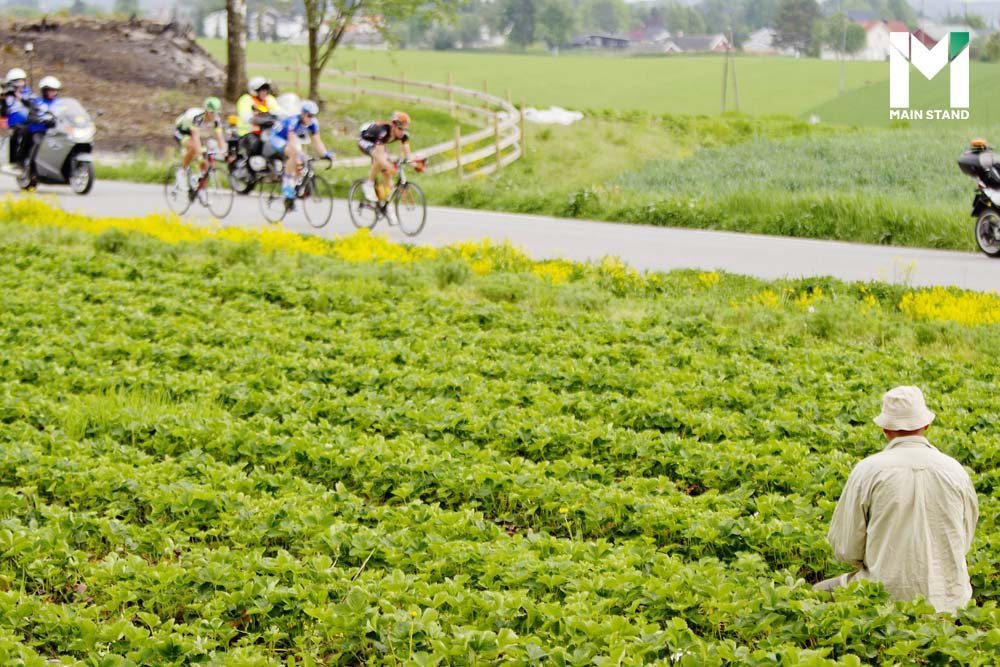
Agriculture is a crucial part of the regional economy in Norway, where they use the Nordic Model, a policy that prioritizes social corporatism more than the free market's system.
Effectively, 80-90% of the meats Norwegians consume are from domestic farms and wheat and potato, of which 60% are grown domestically.
This results from the government's attempt to encourage people to support local businesses, creating a more robust economy without capitalizing on everything like other countries.
They encourage their citizens to produce safe and high-quality products for their compatriots, which they emphasize making products that every household consumes daily and must meet market demands such as milk, egg, meats, and grain.
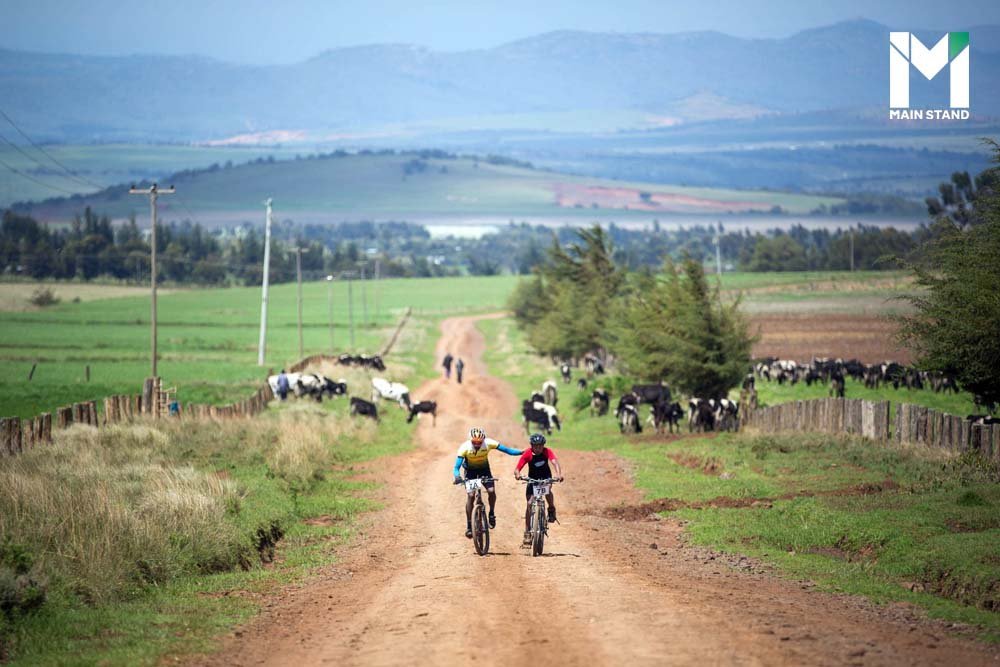
Some of the farms in Norway are considered public businesses, which are not allowed to have competitors because they are mainly responsible for producing and supplying all the products in their areas.
Apart from prioritizing the consumers, this type of farm also needs to apply sustainable farming that will not be harmful to nature and needs to take regional tradition and the long-term well-being of the people into consideration.
A culture that is deeply in the heart of all Norwegian
Farming in Norway is not for poor people. On the contrary, it's a dignified occupation deeply intertwined with Norway's cultural identity. All their arts, culture, and modern media in Norway, from film, music, literature, and architecture, are all influenced by romantic nationalism, derived from their farming culture and rooted in every aspect of a Norwegian's life.
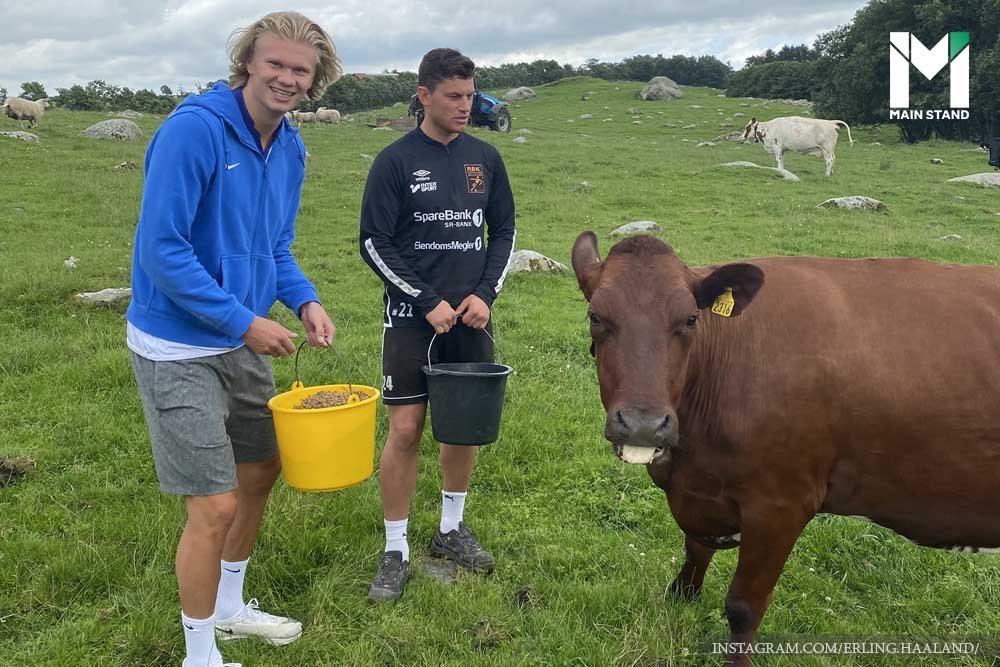
We now know why Erling Haaland dreams of becoming a farm owner. No matter how much a footballer has gained his money and fame from across the globe, the most important and intimate aspect of a Norwegian's life is still agriculture.
Sources:
https://www.statsforvalteren.no/en/portal/agriculture-and-food/livestock/
https://www.tine.no/english/about-tine/family-farming-the-key-to-food-production-in-norway


